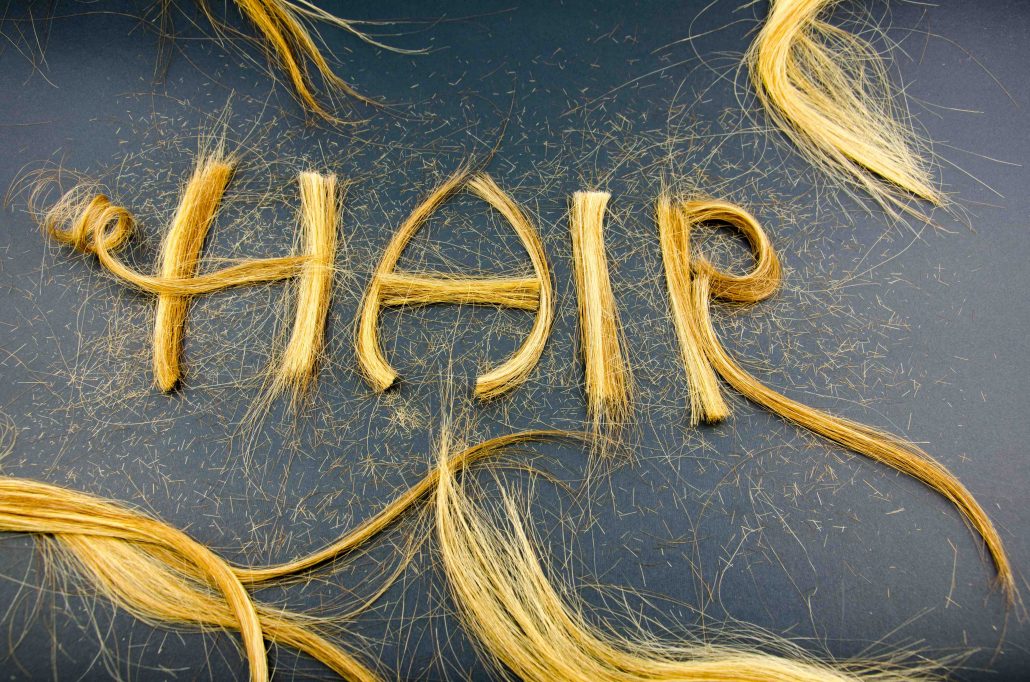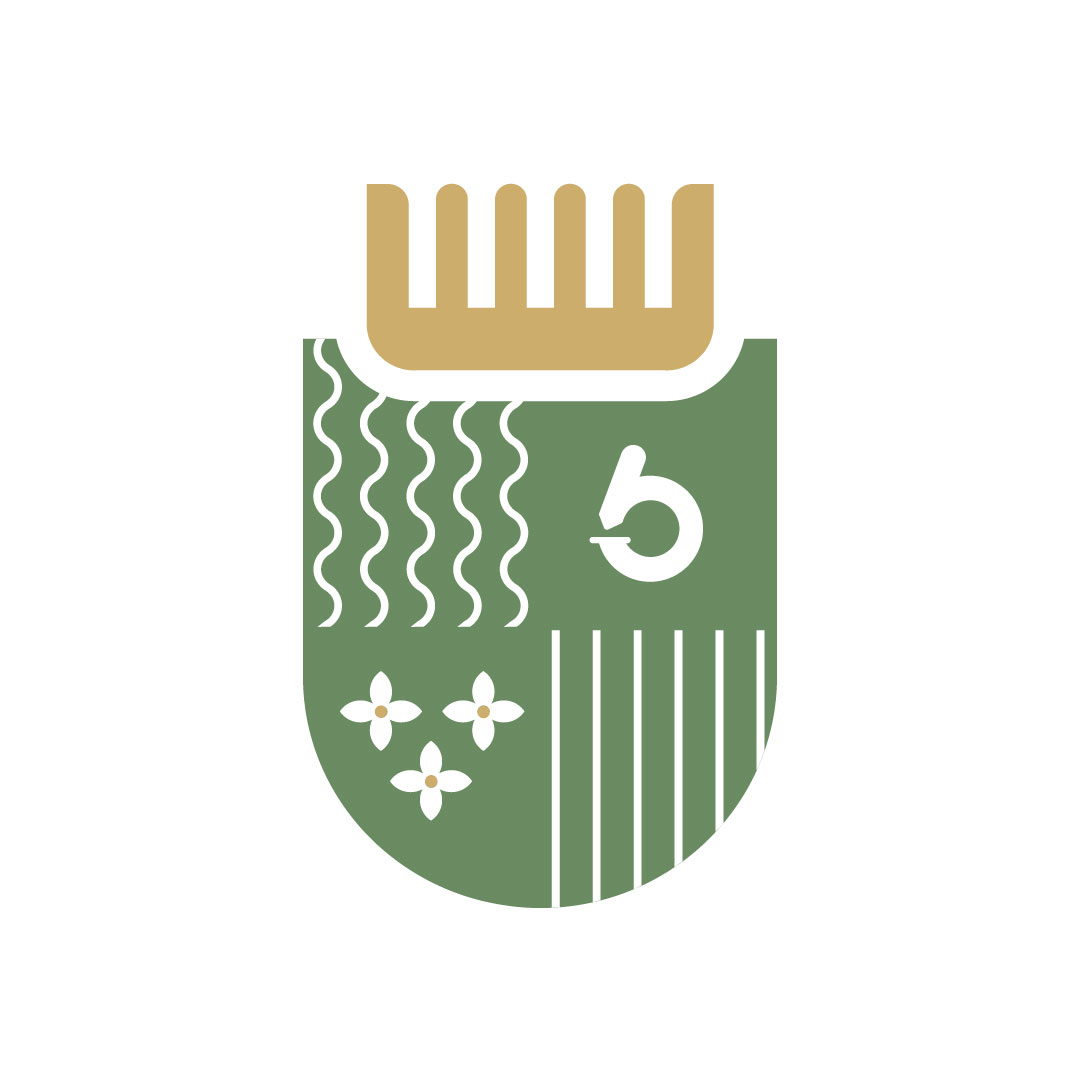Over the past 25 years treating hair loss problems here in our hair regrowth center, we have summarized the most recurring questions of our patients. We hope that the answers can shed some light over the logical doubts that many readers may have.
- With age, hair becomes less abundant and grows slower?
Yes. Aging causes the growth cycles to be shorter each time. There is less hair in the Anagen phase (baby hair) and more in the Catagen phase (adult hair) and Telogen (terminal hair). Consequently with age, there is less hair and thinner. As for the speed of the hair growth, it clearly decreases after 50 years. Our formulas can delay this effect with our botanical ingredients at high concentrations.
- If hair is washed more frequently, does it fall more?
No. The frequency of washing does not directly affect hair loss. Rather it is the opposite. In the case of an oily scalp, if unwashed for more than three days, the fat literally clogs the follicle causing the hair to fall. Healthy hair can be washed every two days.
- Is gray hair thinner and more prone to hair loss?
Yes. Over the years our hair undergoes one of the most important processes, it is when the hair is born gray. Not only does it depend on age, but stress and some diseases, such as thyroid or anemia, also promote gray or white tone. The main responsible for this change is Melanin; a protein responsible for giving color to our hair. When the production of Melanin decreases along the time and gray hair increases, the production of keratin also increases and hair becomes rougher, without elasticity and opaque.
- When you get a hair cut, does hair grow faster, stronger and thicker?
No. The speed of growth is a very similar factor in the genetics hair matrix of each person. The hair thickness is in relation also with the matrix; where the hairs are born: hovewer, if they are thin, some plants nutrients can promote them to become larger in diameter.
- Shaving the scalp slows hair loss?
No. Unfortunately, hair loss or alopecia cannot be stopped by cutting or shaving hair. Shaving is usually used to hide the affected areas or to give a more homogeneous and informal image, but hair loss does not stop.
Medications, Diseases and hair loss
Here is a fairly widespread problem since there are medications that can cause hair loss or slow growth. It may be due to the direct action of the medication on the hair or it may be because the hair is indirectly affected by a psychological or psychosomatic alteration from taking medications.
- Surgical interventions increase hair loss?
Yes. Hemorrhages, general or local anesthesia and prolonged fevers can cause hair loss. In these cases, hair loss is temporary, which means that the hair keep growing again as soon as the state of health has been restored.
- Can the administration of some medications cause hair loss?
Yes. It is a proven fact that certain medications cause or increase hair loss.
The drug warning label indicate if there are adverse effects that can cause hair loss.
- Can diabetes mellitus produce alopecia?
Yes. People suffering from diabetes have a slower hair growth and in many occasions more abundant daily hair fall.
- Is psoriasis in the scalp usually accompanied by hair loss?
Yes. In areas with psoriatic plaques there is always lower hair density. Remember that one of the essential factors for healthy hair is the correct supply of oxygen to the hair follicle, psoriatic plaques in this sense prevent it from arriving in correct amounts. At the beginning of a psoriasis treatment you can also see a more abundant hair loss.
- Can hair loss be avoided after the childbirth?
No. After pregnancy, the loss of estrogen negatively affects the woman by temporarily increasing hair loss. However, the increase in estrogen in women during the pregnancy stage, provides strength and significant hair growth.
- To prevent hair loss, should we wear cap or hats or visors?
No. Ufff !! It is just the opposite! All of them, increase the chance of hair falling out more. The hair needs an enough amount of constant oxygen for its healthy state and when they are occluded, the pores of the skin open to look for more oxygen and the hair comes off.
- Does stress decisively influence hair healthy state?
Yes. Emotional disorders such as stress or depression can cause hair loss, definitely! The scalp becomes inflamed, the collagen and elastin in the matrix where the hair roots are anchored hardens and the microcirculation is lost, causing an imbalance in blood pressure. There is also a decrease in the supply of vitamins, minerals and amino acids to the hair creating weakness and thinning hair. If the hair bulb is not treated properly it will become atrophied, then the hair loss begins and can eventually become, total alopecia. The hair diagnosis through microscope is basic to determine the severity of the symptoms and the best ingredients to use.
- Does poor diet cause hair loss?
Yes. Diets rich in carbohydrates, fats, fried or red meat; they increase very severely the possibility of fat in the scalp and associat with it a hair loss. Also insufficient intake of vitamins; A, B, D and the deficit of iron, zinc and copper have been linked to hair loss.
- Dietary supplements help regenerate hair?
Yes. When hair loss is caused by a nutritional deficit, it is indicated to complete the treatment of hair alopecia with vitamin and mineral supplements. IMPORTANT! If hair loss is not due to androgenetic alopecia or due to inflammation of the scalp, the diet supplements simply,WILL NOT HELP! It will be only an unnecessary waste of money. Again a diagnosis of hair and scalp will give the definitively hair solution of the true cause of hair loss.
- Is hair loss in men due to a higher concentration of testosterone in the blood?
No. Testosterone has no effect on hair. Responsible for androgenetic alopecia is the result of the increased activity of the enzyme 5-α-reductase, which converts testosterone into DHT-5. And … the beliefs that bald people are more macho men is totally false.
- Androgenetic alopecia is accompanied by oily and thin hair?
Yes. Testosterone, by binding to the enzyme 5-α-reductase, converts to DHT-5, which creates inflammation, thereby increasing or exciting the metabolic activity of the follicle and sebaceous gland, expelling more fat to the hair and scalp and final, causing the hair loss.
- Androgenetic alopecia is hereditary?
Yes. A genetic predisposition and a greater sensitivity of the hair follicle are required for DHT to penetrate and act as we have explained. It is necessary to observe the female pattern antecedents.
- The hair treatment products helps or for the contrary they are “of no use”?
Yes. The treatments slow the hair fall and can strengthen the hair, only if the concentrations of the ingredients into the formula is enough; unfortunately most products do not meet that feature. Our formulas are enriched with up to 30% plants actives ingredients.
- Should the best androgenetic alopecia treatments contain amino acids and vitamins?
No. The ingredients used in industry and to fight and slow the progress of Androgenetic Alopecia are formulated with stimulants and this is an error. Products against Androgenetic Alopecia must have inhibitors of 5-α-reductase / DHT -5 and nutritive minerals to strengthen the hair fiber in its growth phase. The extracts of White Nettle, Saw Palmetto, Rooibos, Zinc are some of the ingredients that we use in high concentrations to elaborate our medicinals plants formulas.
- Up to 100 lost hair a day is a normal condition?
No. From our experience and after analyzing thousands of cases we have concluded that; in general, it is admitted that every day between 20 and 50 hairs can be detached, no more! When this amount is greater, we can suspect that there is some kind of alteration in the scalp.






